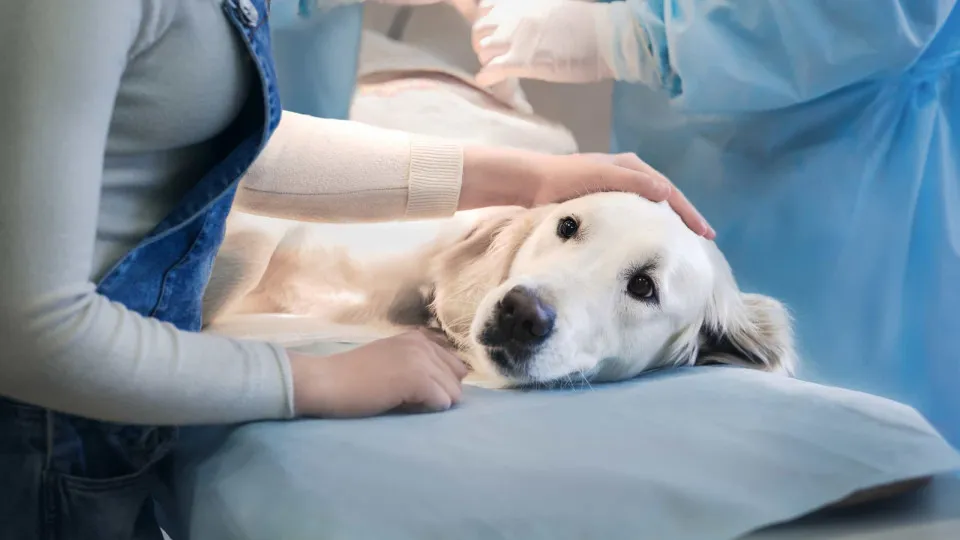
“For us, there are no questions of unconstitutionality, nor will we raise this issue. We now leave the matter in the hands of the President of the Republic,” stated José Luís Carneiro at the Assembly of the Republic, after being asked if the PS admitted a possible request for successive inspection to the Constitutional Court.
These statements to journalists were made following the vote on the new version of the immigration law in plenary, after the Constitutional Court’s rejection in August. The law was approved with votes in favor from the PSD, CDS-PP, Chega, IL, and JPP, while the PS, Livre, PCP, BE, and PAN voted against it.
The secretary-general of the PS accused the PSD/CDS-PP Government of choosing “a path of legislating on perceptions” regarding immigration, arguing that his party has “more solid proposals to ensure the compatibility of all values, security, integration, economy, and social development.”
“And we presented these proposals, and we will present them in a more structured way in the future so that it can be understood that we have an alternative path to the one that the Government, with the support of Chega, presented here,” he added.
According to José Luís Carneiro, “the economy will feel the repercussions of the decisions being taken” by the Government.
“Yesterday I was with CAP (Confederation of Portuguese Farmers), and I was told that 50% of workers in agriculture are foreign workers,” he said.
Regarding the PS, it promised always to have “a great sense of responsibility” and present a legislative proposal that aligns with its perspective on how to “respond to the country’s need for immigrant labor,” ensuring the integration of immigrants “with all security and guarantees for those who come.”
On the changes approved today, José Luís Carneiro mentioned that during the morning, at the end of the debate on this matter in the plenary, he was contacted by the Government, which expressed “willingness to evaluate some of the PS proposals.”
“Then there was a dialogue that continued until around lunchtime, but the proposals we presented were not accepted. And, because they were not accepted, we could not support the Government by voting favorably,” he justified.
The PS secretary-general pointed out that one PS proposal “was accepted and voted in favor,” for “the establishment of bilateral labor agreements to ensure safe and regulated migrations at the origin, transit, and also in reception.”
“But we had another very relevant proposal. It concerns work search visas, which are the most sought-after, especially by our economy. These work search visas were presented as a very solid proposal aimed at coordinating with the Institute for Employment and Professional Training (IEFP),” he emphasized.




